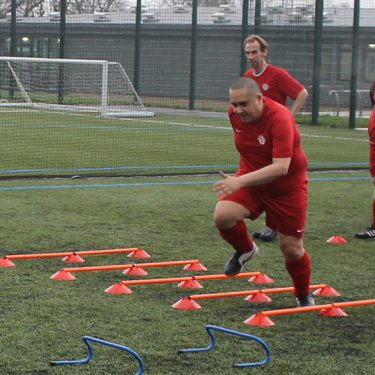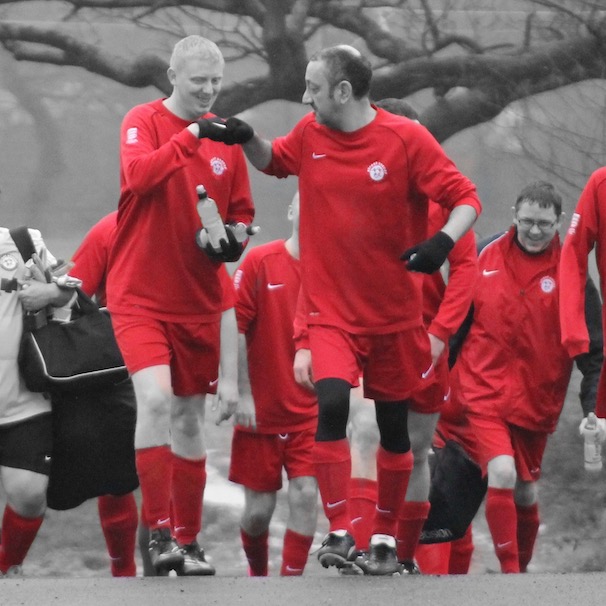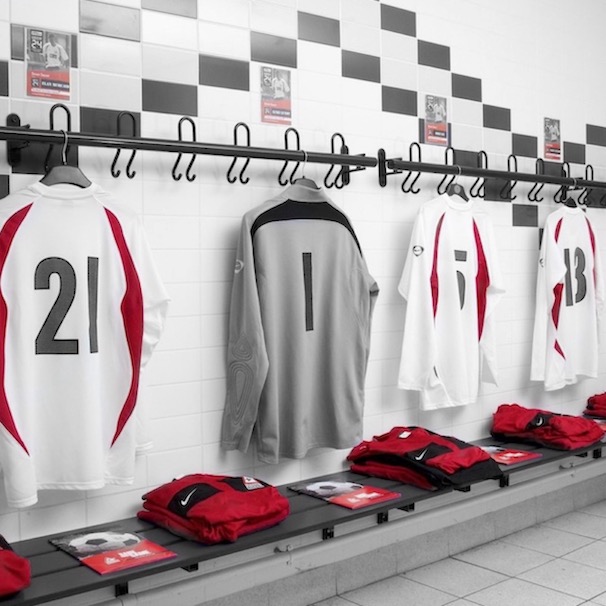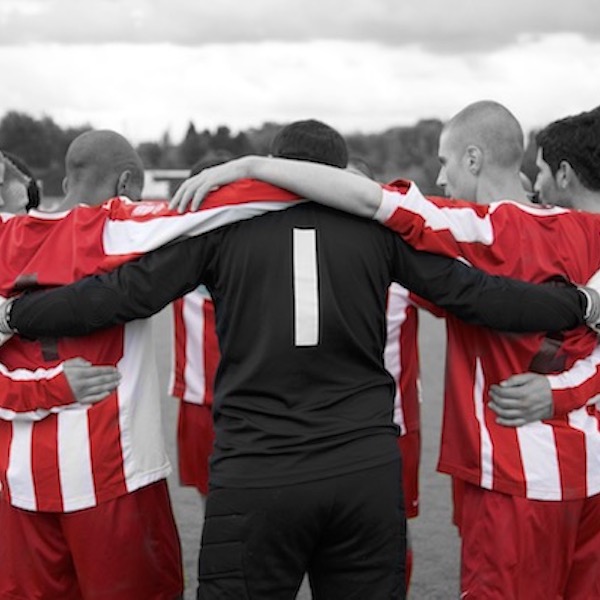The Theory Behind the Practice, Part One
The Emotional Stages
Potential beneficiaries arrive at our regional centres at various stages in life. We have discovered over the years that ‘one size definitely does not fit all’. We have to discover the emotional state that our participants are in before we can effectively plan an appropriate strategy to effect change to their lives and circumstances.
Listed below are various emotional states that people present themselves to us with. Each state requires a different point of address and must be seriously considered. This list is by no means an exhaustive one:
Emotional State | Effective State
Angry | “I don’t want your help!”
Childish | “I want you to do everything for me”
Craver | Start-overs or celebrities
Emotionless | Institutionalisation
Desperate | “Please, help me!”
Angry State
These are individuals that have arrived in our environment but have no intention to receive help and don’t really want to be around our activities. They have an angry demeanour and show signs of genuine aggression.
More often than not people showing this emotion have had a very sudden change of fortune such as relationship breakdown or loss of employment. The rug has been pulled from under their feet, so to speak.
Individuals experiencing this emotional state must first come to terms with their situation before appropriate help and support can be applied.
Childish State
These are individuals that present themselves as desperate and desiring help. The request is genuine but they are not yet ready to take responsibility for the situation and circumstances they find themselves in. They point the finger at everyone else being at fault for the situation they find themselves in rather than taking personal responsibility.
At this stage, it’s important as an organisation to be prepared to say ‘no’ to their requests as much as this may be heartbreaking to do. They are effectively adults who are yet to ‘let go of the apron strings’ and us continuing to firefight their situation for them will not help resolve the underlying issues. They must first take responsibility for themselves before we can begin to help them move forwards.
Cravers State
These are people who have no desire to change at this point. They revel in the attention attributed to them. They present their tragic story and get an immediate reaction from a well-meaning group. When the group gets close to helping them solve their problems they quickly move onto another group from whom they can gain attention and ‘start-over’.
They thrive off the attention and are terrified at the thought of having their problems solved as they fear that no one will be interested in them if they can no longer present their desperate unmet need.
It’s crucial to recognise the ‘cravers’ state as a significant amount of resource can be expended by an organisation that results in no change for the individual. Until someone is ready to receive help, little difference can be made.
Emotionless State
These are people who have a desire to change but have such deeply entrenched issues that have built up over such a long period of time that has resulted in feelings of inadequacy and lack of self-belief. They struggle to move on from previous experiences that appear to have had a lasting effect. This can result in them becoming stigmatized and comfortable with tags such as ‘homeless’, ‘offender’ or ’addict’ – they feel a sense of identity. They don’t thrive in this emotional state, there’s no happiness or joy but there is a sense of comfort that they ‘know themselves’ – they are effectively saying ‘that’s my lot’. They misunderstand that homelessness, offending and addictions are experiences that they had, and they do not represent who they actually are!
Working through this emotional state requires a long-term, patient and committed approach to getting them to the point of realisation that they can change through the discovery and managing of negative behavioural cycles and thought processes.
Desperate State
These are people who may or may not have passed through other emotional states but have now arrived at the point of acknowledging that they need help and are ready to receive it. They are ready to meet you halfway as opposed to expecting you to do all of the work for them. This is where empowerment of the individual is vitally important, as they are ready to embark on a process of recovery and creating momentum in their lives is crucial.
Initially, as an organisation, we may be a crutch to such individuals as we meet a whole host of immediate need. The idea, however, is to overtime, slide the crutch out and enable them to stand on their own two feet without the need for us.
Recognising which emotional state people are at is very important to us at Street Soccer Academy as it enables us to provide the most appropriate form of support for each individual we work with. We believe each individual is different and each case is unique. Understanding the emotional state of each individual enables us to provide creative, responsive and unique forms of support.



